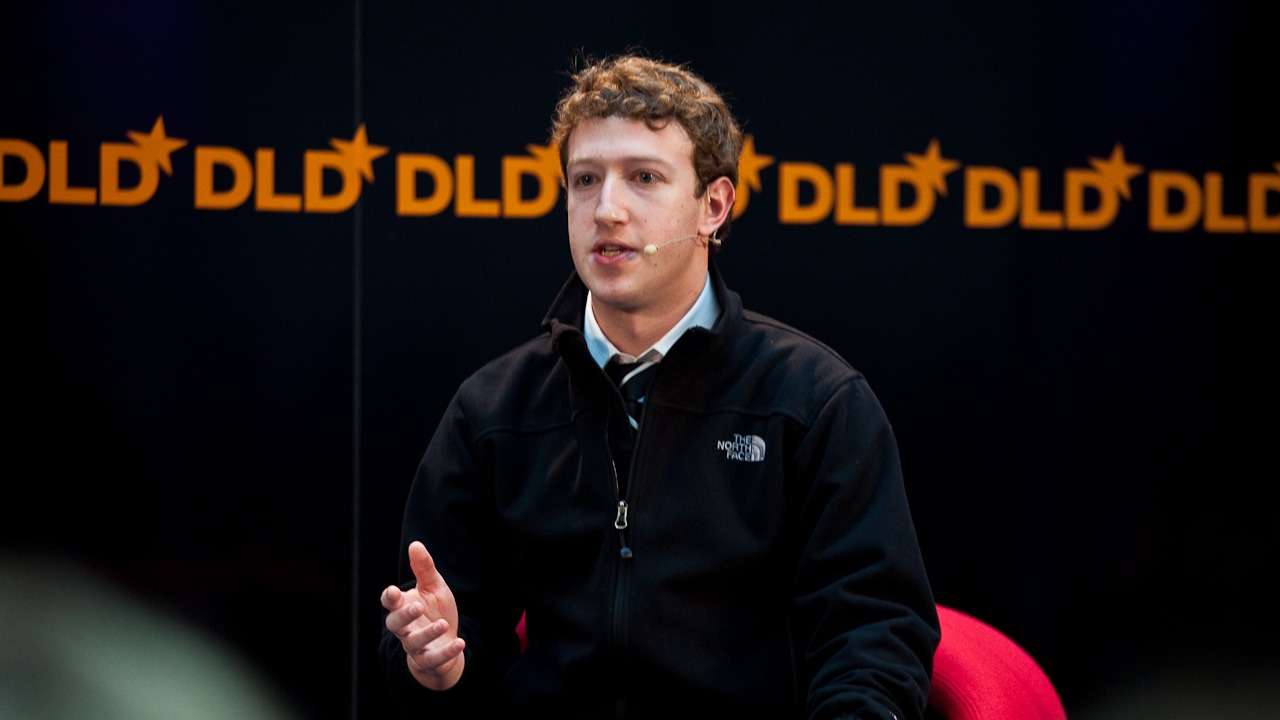
Meta’s leading AI scientist is stepping down, casting a shadow over Mark Zuckerberg’s ambitious AI spending strategy. This development raises concerns about the tech giant’s future in the AI field, as billions have been invested without corresponding breakthroughs. The departure underscores a critical juncture for industry leaders and highlights internal challenges at Meta.
Background on Meta’s AI Leadership
The scientist at the heart of this development has been instrumental in shaping Meta’s AI research efforts. Their leadership has driven key projects, pushing the boundaries of what is possible in the realm of artificial intelligence. Their tenure at Meta has been marked by significant achievements and publications, establishing them as a cornerstone of the AI team. Their expertise has been crucial in aligning with Zuckerberg’s vision for AI integration across Meta’s platforms.
Zuckerberg’s Aggressive AI Investments
Meta’s spending on AI has been nothing short of colossal, with billions allocated since Zuckerberg’s public push into the technology. This spending spree has funded a range of initiatives, including hardware acquisitions and talent recruitment drives. Zuckerberg has repeatedly emphasized the strategic importance of these investments to Meta’s future, positioning AI as a cornerstone of the company’s long-term strategy.
Signs of Sputtering in the Spending Strategy
However, recent indicators suggest that Meta’s AI expenditures are not yielding the expected returns. Project delays and underwhelming model performances have raised questions about the effectiveness of the company’s investment strategy. Internal reports hint at inefficiencies in resource allocation within the AI division, while broader financial pressures on Meta may be contributing to a slowdown in unchecked spending.
Reasons Behind the Scientist’s Departure
The scientist’s decision to leave Meta has been attributed to a range of factors. Frustrations with the company’s direction and the lure of opportunities elsewhere have been cited as possible motivations. The departure may also be linked to the sputtering investments, with resource constraints potentially affecting research. Given the scientist’s professional background, their departure represents a significant loss for Meta.
Immediate Impact on Meta’s AI Efforts
The loss of this key figure is likely to disrupt ongoing AI projects and impact team morale at Meta. It could also have ripple effects on recruitment and retention within the AI division, particularly in light of the spending challenges. In the short term, Meta may need to make adjustments such as redistributing leadership roles to mitigate the impact of the departure.
Competitive Landscape for AI Talent
Meta’s situation is not unique. Other tech giants like OpenAI and Google have also seen shifts in AI leadership amid high-stakes investments. The broader trend of top AI scientists moving between companies is driven by funding and innovation opportunities. Zuckerberg’s sputtering spending spree could potentially accelerate a talent drain from Meta to its rivals, reshaping the competitive landscape for AI talent.
More from MorningOverview